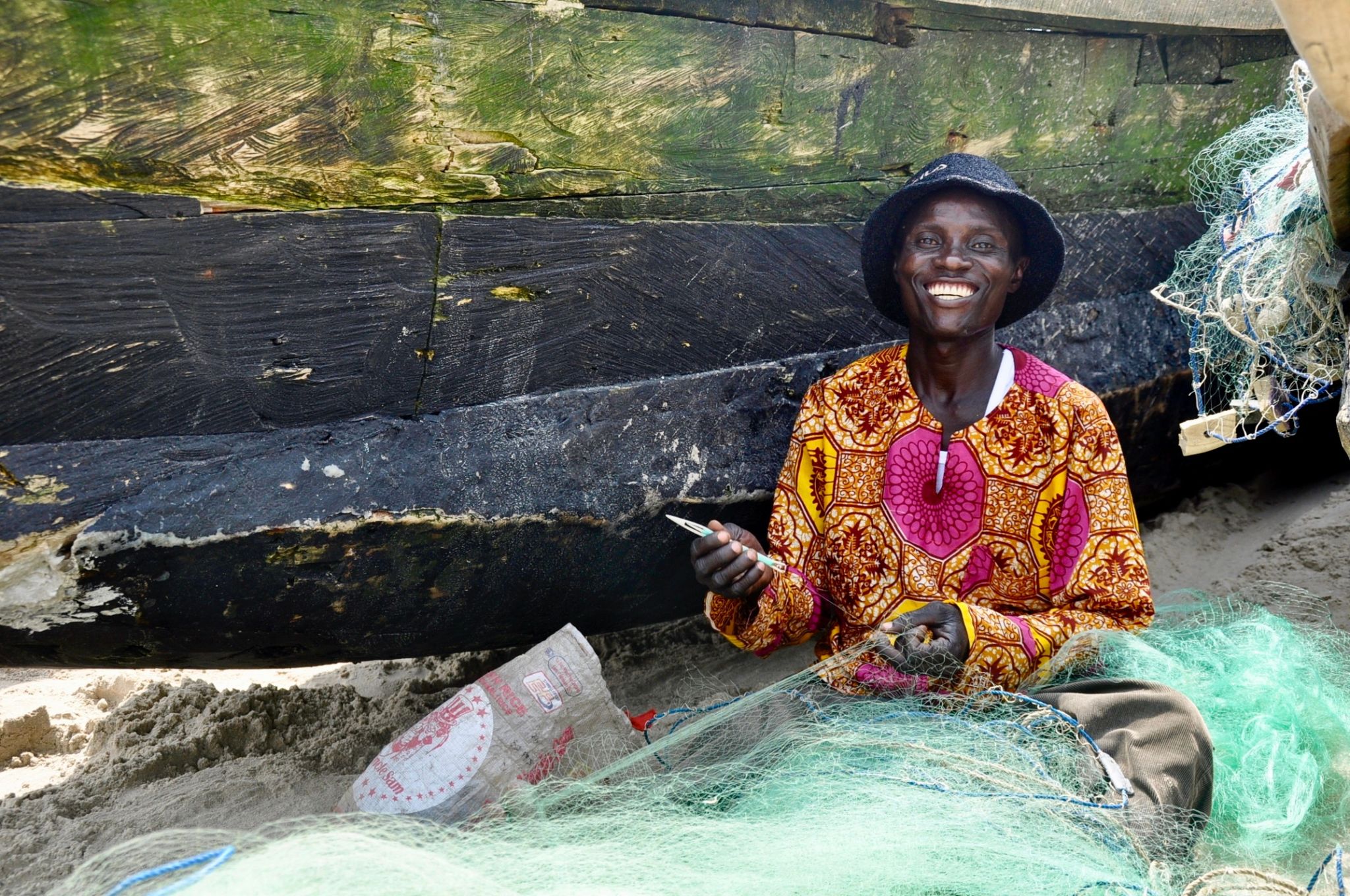The Importance of Coastal Conservation in Ghana: Protecting Our Shores
The Richness of Ghana's Coastal Ecosystems
Ghana's coastline stretches approximately 550 kilometers, gracing the Atlantic Ocean with its stunning beaches and vibrant marine life. This narrow strip of land is home to diverse ecosystems, including mangroves, lagoons, and estuaries, each playing a crucial role in supporting biodiversity. These ecosystems not only provide habitat for numerous species but also contribute significantly to the livelihoods of local communities.
Coastal areas in Ghana are vital for fishing, tourism, and agriculture. The fishing industry alone supports millions of Ghanaians, providing both employment and a primary source of protein. However, these benefits are threatened by various environmental and human-induced pressures.

Threats to Coastal Areas
One of the most pressing issues facing Ghana's coasts is coastal erosion. This phenomenon is exacerbated by climate change, rising sea levels, and unsustainable land use practices. Erosion not only leads to the loss of valuable land but also threatens infrastructure and displaces communities.
Pollution is another significant threat. Industrial waste, plastic debris, and untreated sewage have increasingly polluted coastal waters, affecting marine life and human health. Additionally, overfishing has led to the depletion of fish stocks, disrupting the balance of marine ecosystems.

Impact on Local Communities
The degradation of coastal environments has profound implications for communities that depend on them. As fish stocks dwindle due to overfishing and habitat destruction, local fishermen face dwindling catches and income. This situation can lead to increased poverty and food insecurity.
Tourism, a significant contributor to Ghana's economy, also suffers when beaches are eroded or polluted. The aesthetic and ecological value of these natural areas must be maintained to attract visitors and sustain economic growth in coastal regions.

Conservation Efforts and Strategies
To combat these challenges, various conservation efforts are underway. The Ghanaian government, in collaboration with international organizations and local communities, is implementing strategies to protect and restore coastal ecosystems. These include establishing marine protected areas, promoting sustainable fishing practices, and enhancing pollution control measures.
Community involvement is crucial for successful conservation. Local communities are increasingly participating in initiatives aimed at conserving mangroves and other critical habitats. Education and awareness campaigns are essential in empowering these communities to take part in sustainable practices.
The Role of Policy and Innovation
Policy development plays a pivotal role in coastal conservation. Implementing and enforcing regulations that limit pollution, control development along coastlines, and manage resources sustainably are vital steps toward protecting these environments. Innovation also offers new solutions, such as utilizing technology for monitoring coastal changes and implementing eco-friendly infrastructure.
Ghana's future depends on how well it can balance development with conservation efforts. By prioritizing the protection of coastal ecosystems, Ghana can ensure that its shores continue to support biodiversity, local communities, and the national economy for generations to come.